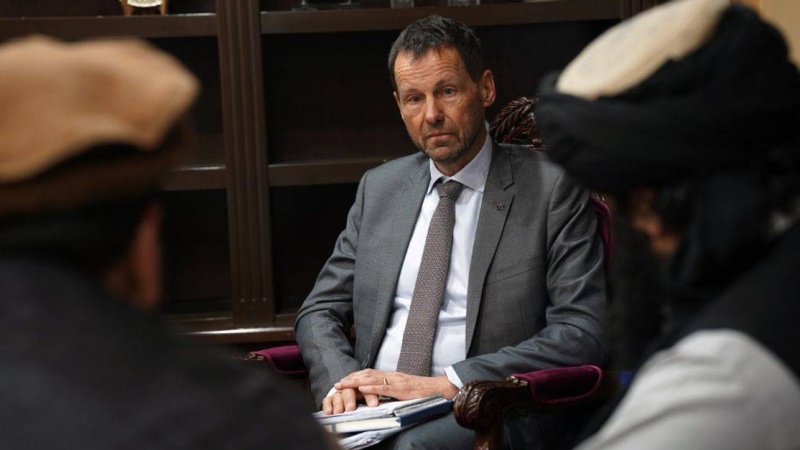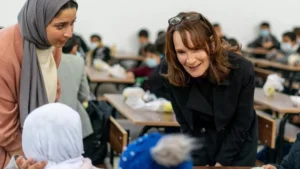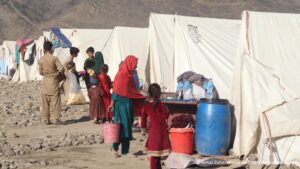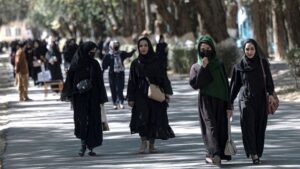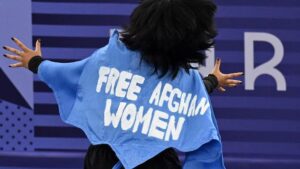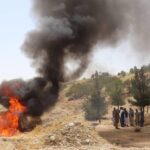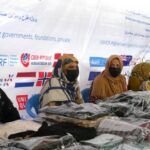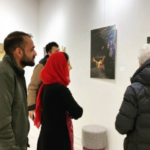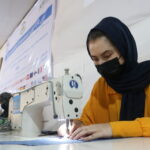Thomas Nicholson, the European Union’s Special Representative for Afghanistan, has announced that during his meetings with officials of the interim government, he raised the issue of the ban on girls’ education in medical institutes, but they were unable to provide an explanation for the issuance of this directive.
Mr. Nicholson stated in a press release that he was in Afghanistan from December 9 to 13 and met with current government officials, including Mawlawi Abdul Kabir, the political deputy of the Prime Minister, as well as representatives from the United Nations, international organizations, members of civil society, women, businessmen, and journalists.
He emphasized that the current government officials were unable to explain the “disastrous” consequences of the ban on girls’ education in medical institutes for the health of women and children during these meetings.
The EU Special Representative added that the current government also has no specific plan to reverse this decision and the ban on girls’ education in secondary schools and universities.
He mentioned that in his discussions with current government officials and others, he also addressed the law on “Promotion of Virtue and Prevention of Vice.”
He stated: “Many Afghans explained how this law has complicated the work of companies and organizations and has severely impacted women’s ability to move around, work, access services, and support their families.”
This European official noted that the challenges arising from the law on “Promotion of Virtue and Prevention of Vice” have led to increased costs for EU partners in providing aid to the people of Afghanistan and reduced operational space.
It should be noted that two weeks ago, current government officials banned girls from studying in medical institutes, and prior to that, they had enforced the law on “Promotion of Virtue and Prevention of Vice,” which even prohibits women from being heard outside their homes.
Since the current government’s takeover of Afghanistan, the European Union has continued to provide humanitarian assistance to the country while simultaneously expressing its concerns about human rights violations, particularly regarding women’s rights.

